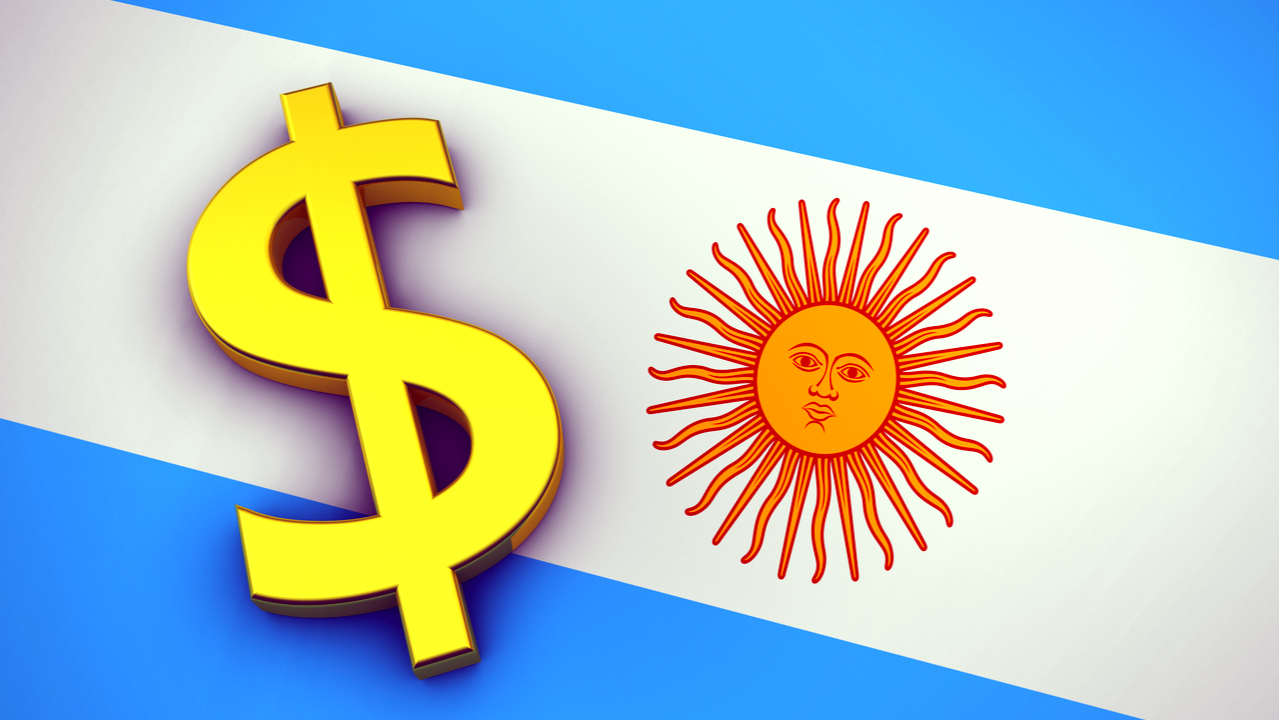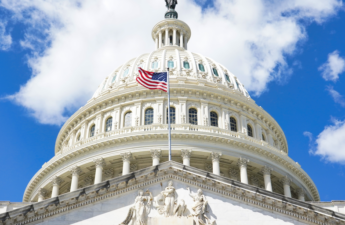San Luis, a province of Argentina, has approved a bill allowing it to issue a blockchain-based, dollar-pegged stablecoin. The bill, which also approves the issuance of local artistic assets as NFTs (non-fungible tokens) seeks to enable the promotion of social development, and economic, cultural, and financial inclusion using blockchain.
San Luis Approves Blockchain Development Bill
San Luis, an Argentine province, has taken its first steps to include blockchain-based tech as part of its digitization push. The legislators of the province recently approved a bill designated with the number VIII-1085-2022, called “Financial Innovation for Investment and Social Economic Development,” that introduces blockchain as a tool to potentiate the development of several fields in the province, including generating value and improving auditing processes.
As part of this law, San Luis contemplates the issuance of its own dollar-pegged stablecoin. The token, denominated “San Luis Savings Digital Asset,” will be available to all citizens of the province and will be 100% collateralized in liquid financial assets of the provincial state. It is still unknown if this digital asset will be used as a currency or will merely function as a kind of debt bond, as the ruleset for this law has still not been created.
The law also establishes that the province will be able to issue up to 2% of the annual budget of the province. The law does not specify the chain on which these assets will be issued, but does establish that they will be transferable between users via different wallet accounts.
Art NFTs
The law also includes a chapter dedicated to the issuance of artistic digital assets. It establishes that it will issue “San Luis Art Digital Assets” as art collections created by local artists of the province with the objective of giving them a platform for digitizing their artwork. These pieces will be issued as NFTs (non-fungible tokens) guaranteeing each one to be “unique, granting ownership and authenticity to the artist or holder of the digital asset.”
The province will also build an internal market that will allow creators to commercialize their pieces, giving them visibility as part of the San Luis community of artists.
Argentina has recently made moves to include blockchain tech in its development plans with the issuance of a blockchain national framework presented on December 7. The document, which also creates a national blockchain committee, describes two areas in which blockchain tech might be useful: auditing and identification. However, it does not mention currency issuance.
What do you think about the San Luis dollar-pegged stablecoin concept? Tell us in the comments section below.
![]()
Sergio Goschenko
Image Credits: Shutterstock, Pixabay, Wiki Commons
Disclaimer: This article is for informational purposes only. It is not a direct offer or solicitation of an offer to buy or sell, or a recommendation or endorsement of any products, services, or companies. Bitcoin.com does not provide investment, tax, legal, or accounting advice. Neither the company nor the author is responsible, directly or indirectly, for any damage or loss caused or alleged to be caused by or in connection with the use of or reliance on any content, goods or services mentioned in this article.



